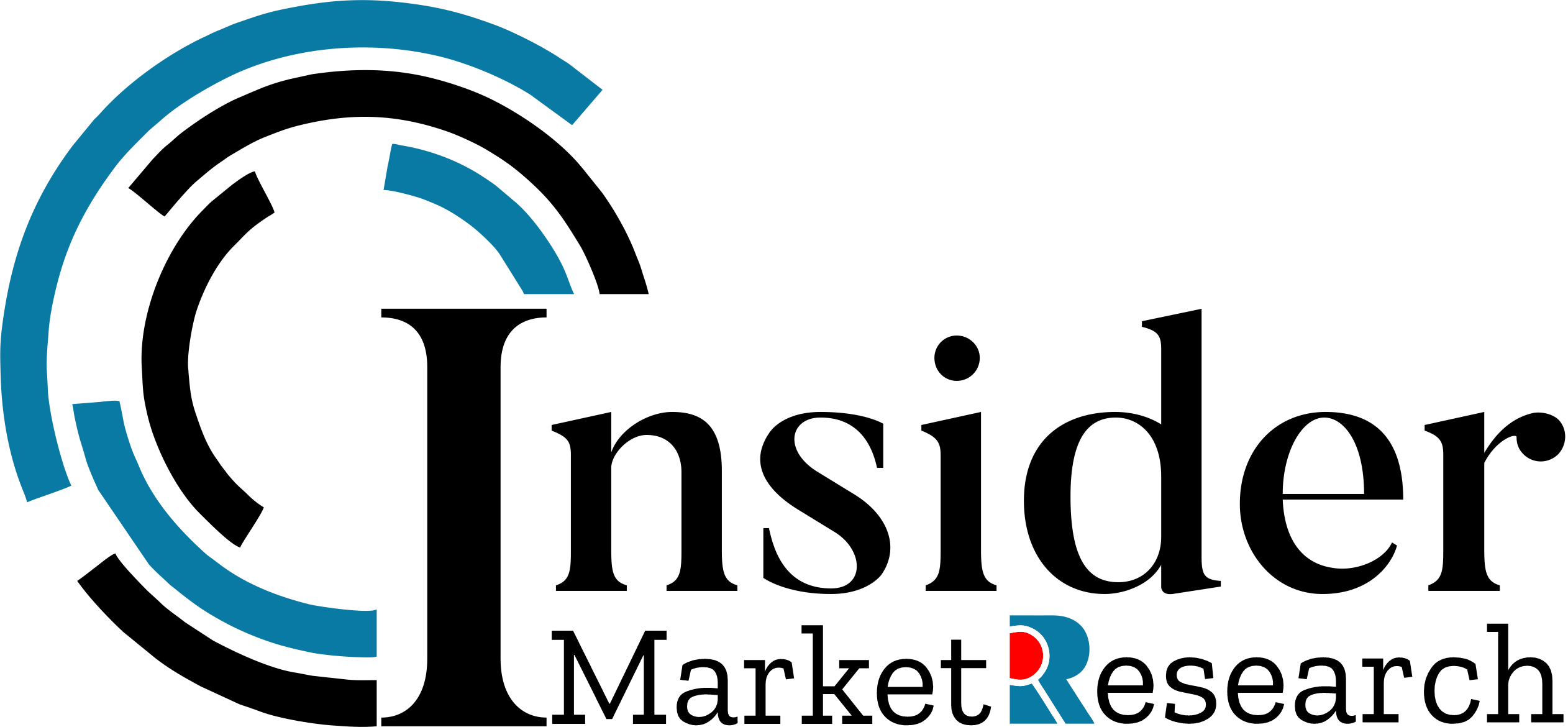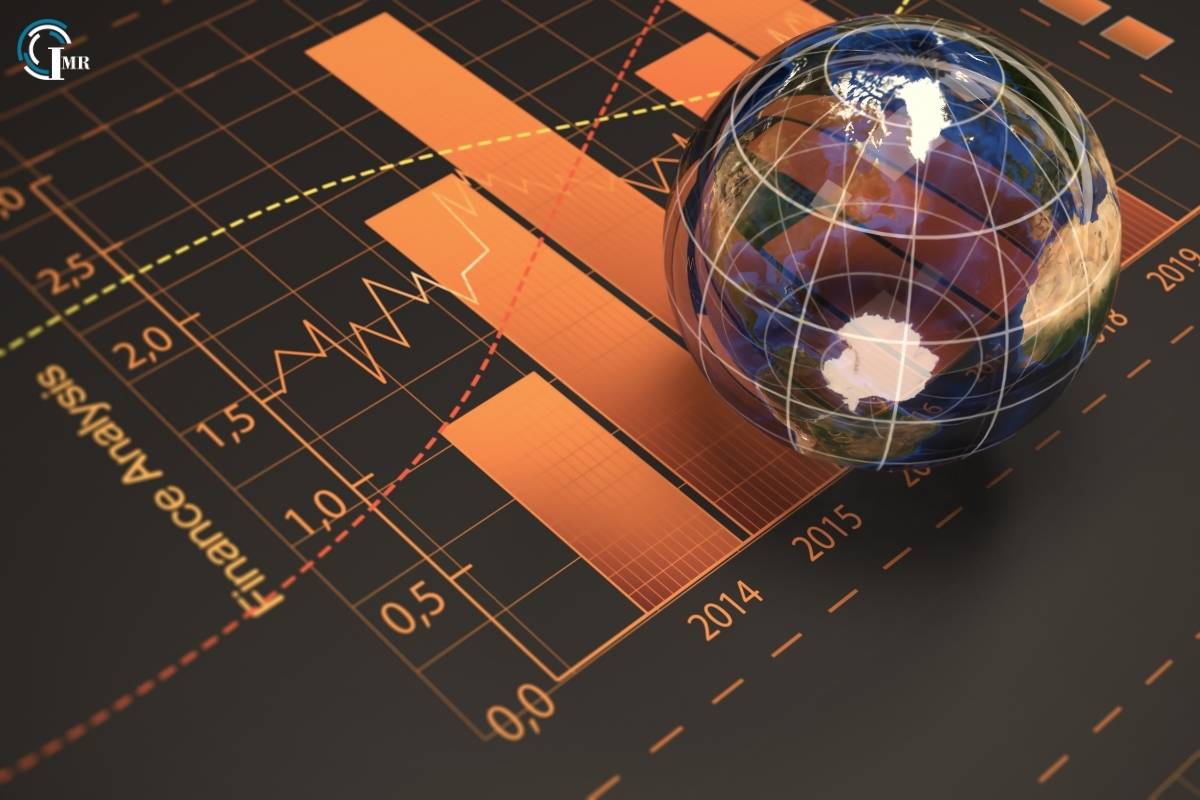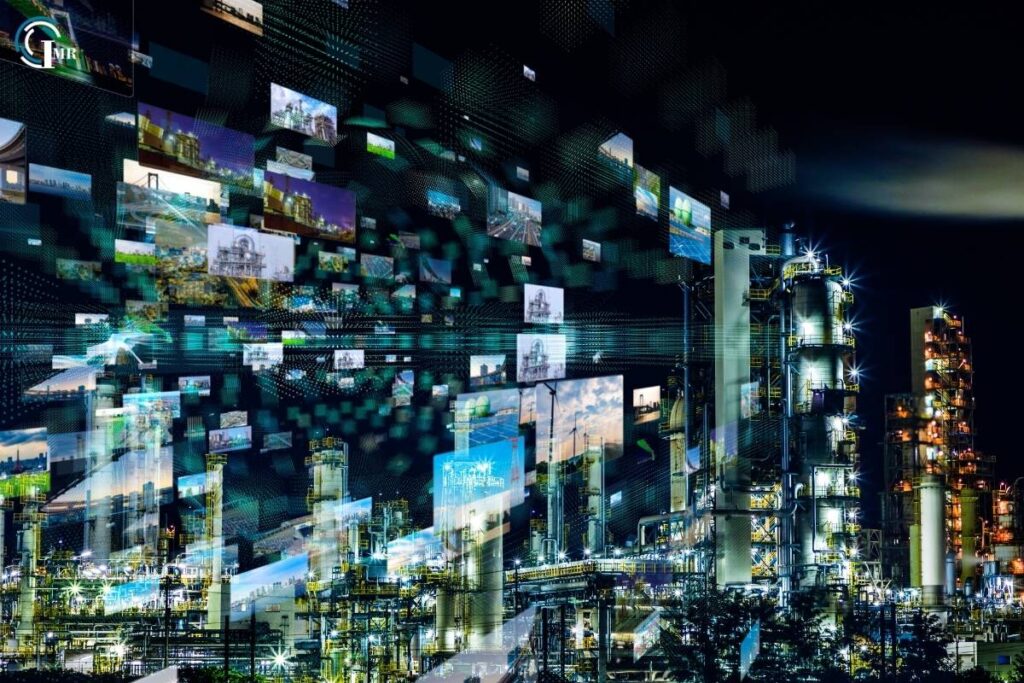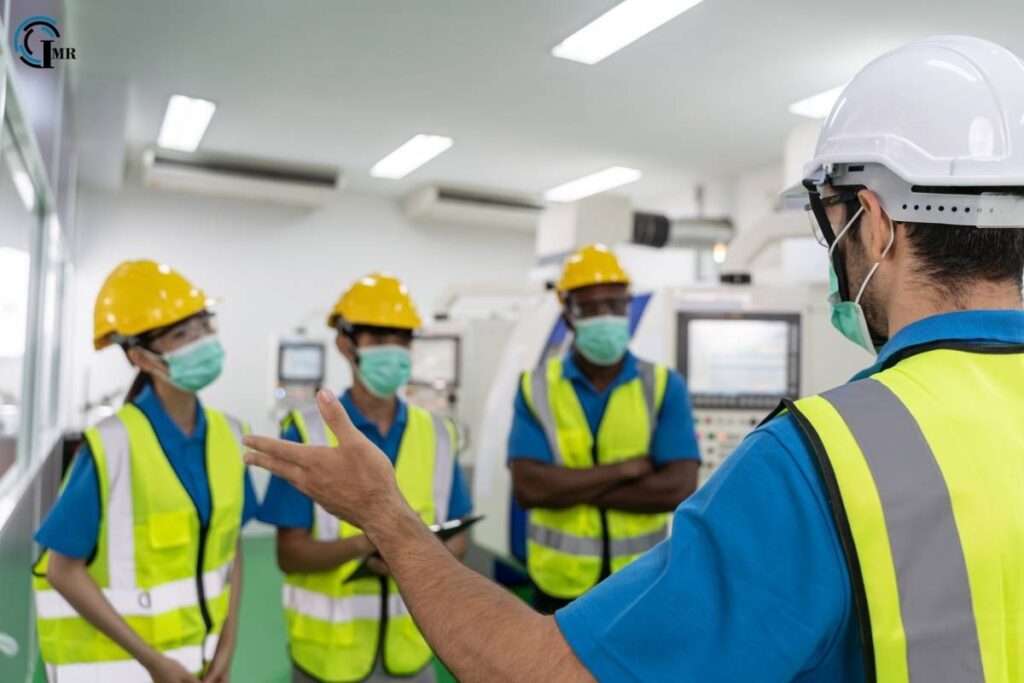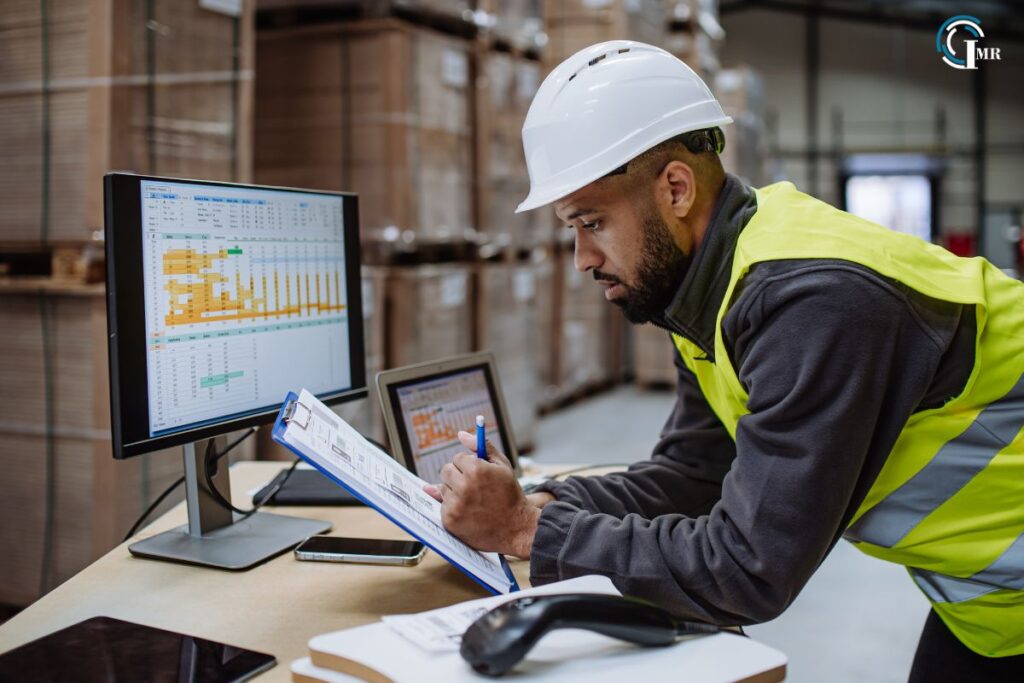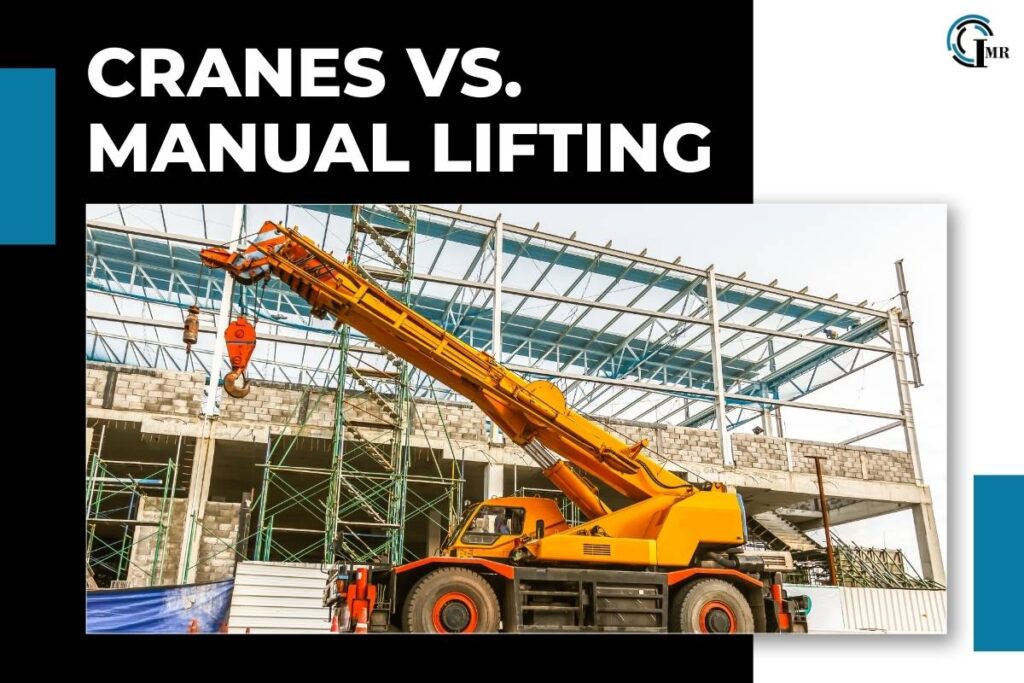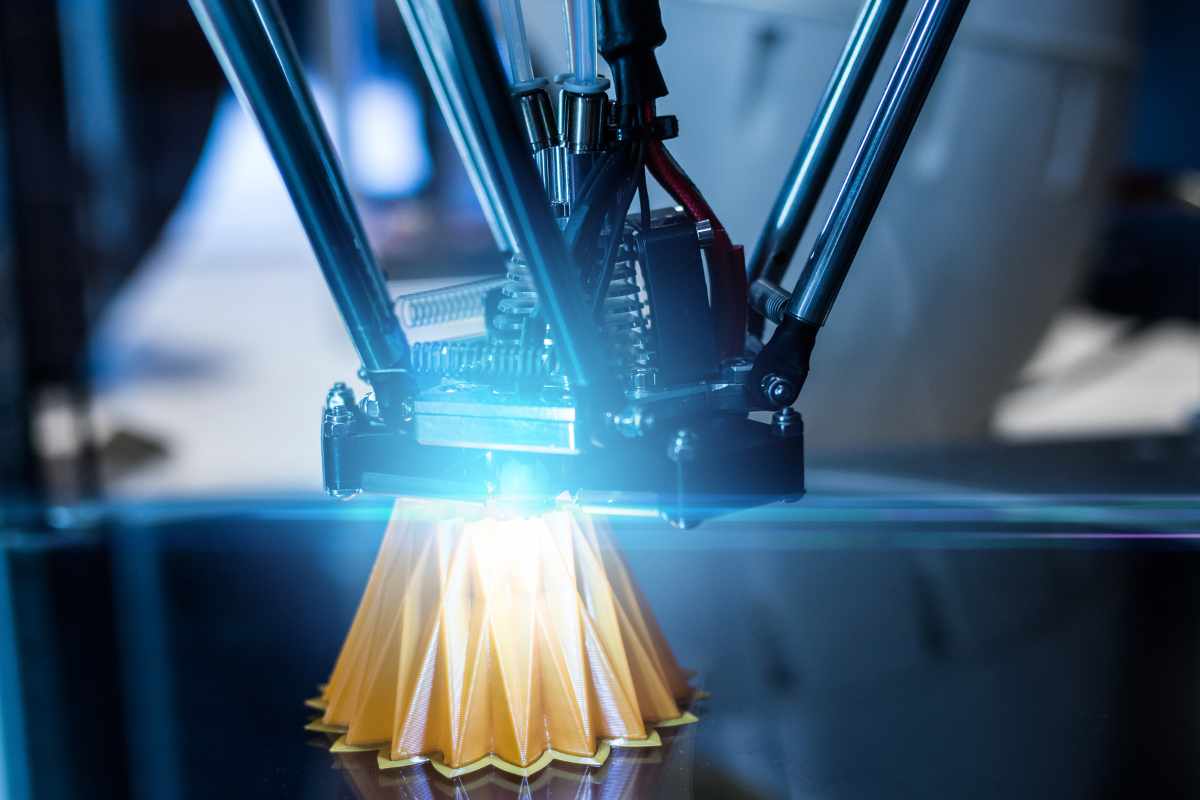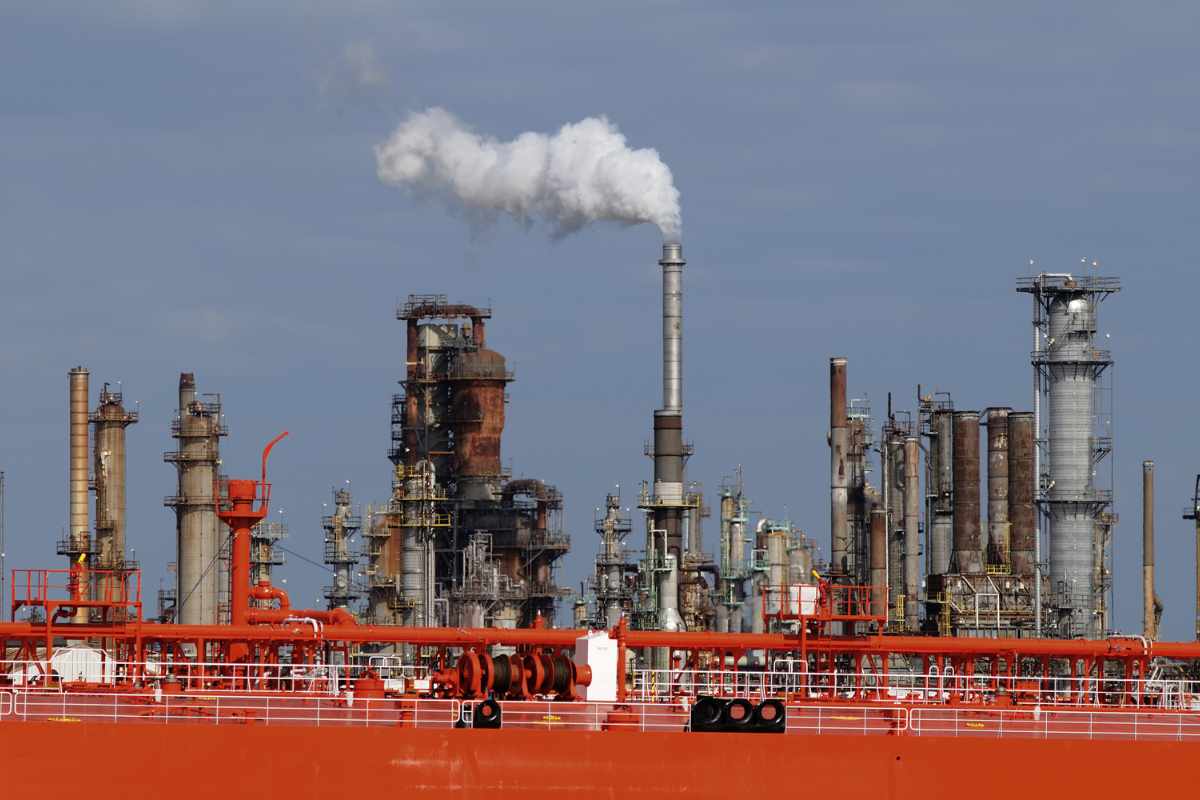Manufacturing plays a crucial role in the globalized economy, driving growth, innovation, and development across nations. As countries become more interconnected, the manufacturing sector has evolved to meet the demands of a global market.
This blog explores the role of manufacturing in a globalized economy, highlighting its impact on trade, employment, innovation, and economic growth.
The Importance of Manufacturing in the Globalized Economy
Manufacturing is a key component of the globalized economy, contributing significantly to the economic prosperity of countries worldwide. It serves as a foundation for various industries and supports the global supply chain by providing essential goods and services.
Economic Growth and Development
Manufacturing drives economic growth by increasing productivity, creating jobs, and fostering innovation. It contributes to GDP, stimulates investment, and enhances the standard of living. Countries with strong manufacturing sectors often experience rapid economic development and greater resilience to economic shocks.
Job Creation and Employment
The manufacturing sector is a major source of employment, providing jobs for millions of people globally. It offers a wide range of opportunities, from skilled labor to advanced technical positions, contributing to the overall employment rate and reducing poverty levels.
Innovation and Technological Advancement
Manufacturing is a catalyst for innovation and technological advancement. It encourages research and development, leading to the creation of new products, processes, and technologies. This innovation drives productivity, competitiveness, and economic growth.
Trade and Global Supply Chains
Manufacturing is integral to international trade and the global supply chain. It enables the production and export of goods, facilitating economic integration and interdependence among nations. The exchange of manufactured goods supports economic stability and promotes international cooperation.
The Evolution of Manufacturing in a Globalized Economy
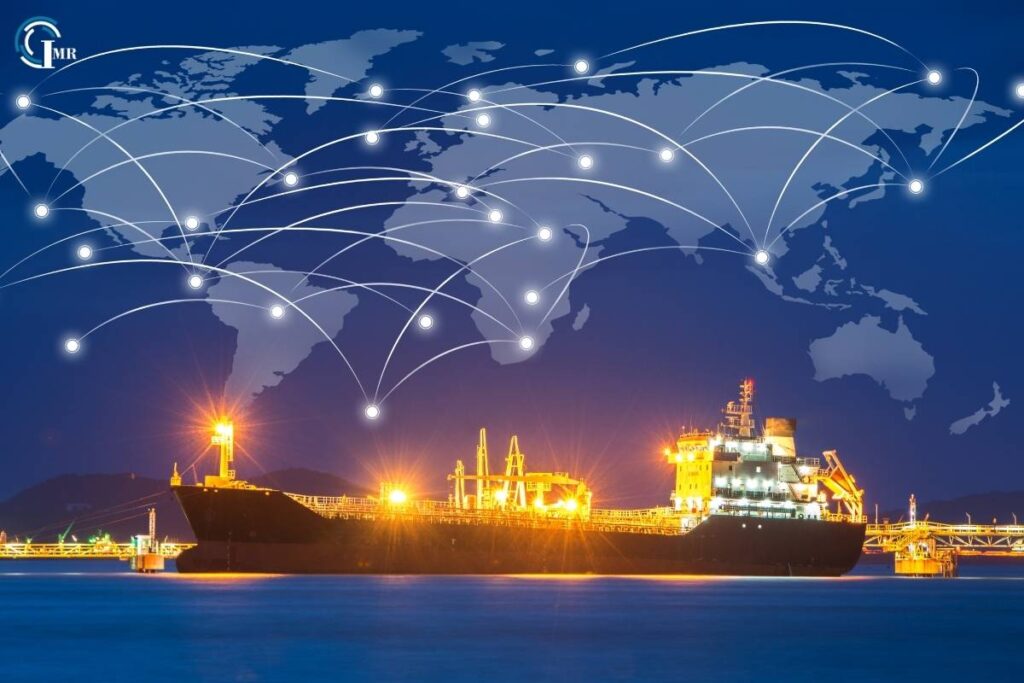
The manufacturing sector has undergone significant changes in response to globalization. These changes have reshaped the way goods are produced, distributed, and consumed, creating new opportunities and challenges for manufacturers.
Outsourcing and Offshoring
Globalization has led to the outsourcing and offshoring of manufacturing operations. Companies seek to reduce costs and increase efficiency by relocating production to countries with lower labor costs. This shift has created a global network of manufacturing hubs, each specializing in different aspects of production.
Technological Advancements
Advancements in technology, such as automation, artificial intelligence (AI), and the Internet of Things (IoT), have transformed manufacturing processes. These technologies enhance productivity, improve quality, and reduce costs, allowing manufacturers to compete in the global market.
Supply Chain Integration
Globalization has led to the integration of supply chains, enabling manufacturers to source materials and components from around the world. This integration increases efficiency, reduces costs, and improves the reliability of the supply chain.
Environmental Sustainability
Globalization has also increased awareness of environmental sustainability. Manufacturers are adopting sustainable practices to reduce their environmental impact, meet regulatory requirements, and respond to consumer demands for eco-friendly products.
The Impact of Manufacturing on the Globalized Economy
Manufacturing significantly impacts various aspects of the globalized economy, shaping economic policies, trade relations, and social development.
Economic Policies and Trade Relations
Manufacturing influences economic policies and trade relations between countries. Governments implement policies to support the growth and competitiveness of their manufacturing sectors, such as subsidies, tax incentives, and trade agreements. These policies impact international trade dynamics and economic cooperation.
Regional Economic Development
Manufacturing drives regional economic development by creating industrial clusters and hubs. These clusters attract investment, generate employment, and stimulate local economies. Regions with strong manufacturing bases often experience higher economic growth and development.
Innovation and Competitiveness
The manufacturing sector fosters innovation and competitiveness by encouraging research and development. Manufacturers invest in new technologies and processes to improve productivity, quality, and efficiency. This innovation enhances their competitiveness in the global market and drives economic growth.
Employment and Social Development

Manufacturing provides employment opportunities and supports social development by reducing poverty and improving living standards. It creates jobs for a diverse workforce, including unskilled, semi-skilled, and highly skilled workers. The sector also contributes to the development of skills and education, enhancing human capital.
Environmental Impact and Sustainability
Manufacturing has a significant environmental impact, including resource consumption, waste generation, and greenhouse gas emissions. Globalization has increased awareness of these issues, leading to the adoption of sustainable practices. Manufacturers are investing in cleaner technologies, energy efficiency, and waste reduction to minimize their environmental footprint.
Challenges Facing Manufacturing in a Globalized Economy
Manufacturing in a Globalized Economy plays a vital role in driving economic growth and development., it faces several challenges that need to be addressed to ensure sustainable growth and development.
Technological Disruption
Rapid technological advancements, such as automation and AI, pose challenges for the manufacturing workforce. These technologies can lead to job displacement and require workers to acquire new skills. Manufacturers must invest in workforce training and development to adapt to these changes.
Trade Protectionism
Trade protectionism, such as tariffs and trade barriers, can disrupt the global supply chain and affect manufacturing operations. Governments and international organizations must work together to promote free trade and resolve trade disputes to ensure the smooth flow of goods and services.
Environmental Regulations
Stringent environmental regulations and standards can increase production costs and pose challenges for manufacturers. Companies must adopt sustainable practices and invest in cleaner technologies to comply with regulations and meet consumer demands for eco-friendly products.
Supply Chain Disruptions
Global supply chains are vulnerable to disruptions caused by geopolitical tensions, natural disasters, and pandemics. Manufacturers must develop resilient supply chains by diversifying suppliers, investing in technology, and implementing risk management strategies.
Workforce Skills Gap

The manufacturing sector faces a skills gap, with a shortage of workers possessing the necessary technical skills and knowledge. Manufacturers must collaborate with educational institutions and governments to develop training programs and initiatives that address this gap.
Strategies for Strengthening Manufacturing in a Globalized Economy
To overcome these challenges and ensure the continued growth and development of manufacturing in a globalized economy, several strategies can be implemented.
Investment in Technology and Innovation
Manufacturers should invest in technology and innovation to enhance productivity, efficiency, and competitiveness. This includes adopting advanced technologies such as automation, AI, and IoT, as well as investing in research and development to drive innovation.
Workforce Training and Development
Manufacturers must invest in workforce training and development to address the skills gap and prepare workers for the future. This includes providing education and training programs, promoting lifelong learning, and collaborating with educational institutions to develop relevant curricula.
Sustainable Practices
Manufacturers should adopt sustainable practices to reduce their environmental impact and comply with regulations. This includes investing in cleaner technologies, improving energy efficiency, and implementing waste reduction initiatives.
Resilient Supply Chains
Manufacturers must develop resilient supply chains to mitigate the impact of disruptions. This includes diversifying suppliers, investing in technology, and implementing risk management strategies.
Collaboration and Partnerships
Manufacturers should collaborate with governments, industry organizations, and other stakeholders to address challenges and promote the growth and development of the sector. This includes participating in industry initiatives, advocating for supportive policies, and sharing best practices.
Conclusion
Manufacturing plays a vital role in the globalized economy, driving economic growth, innovation, and development. As the world becomes more interconnected, the manufacturing sector must adapt to new challenges and opportunities to ensure its continued success. By investing in technology, workforce development, sustainable practices, and resilient supply chains, manufacturers can strengthen their position in the global market and contribute to a prosperous and sustainable future.
Manufacturing in a Globalized Economy, the success of the manufacturing sector is crucial for economic stability, social development, and environmental sustainability. By embracing innovation and collaboration, manufacturers can navigate the complexities of the modern world and build a resilient, competitive, and sustainable manufacturing industry for the future.
